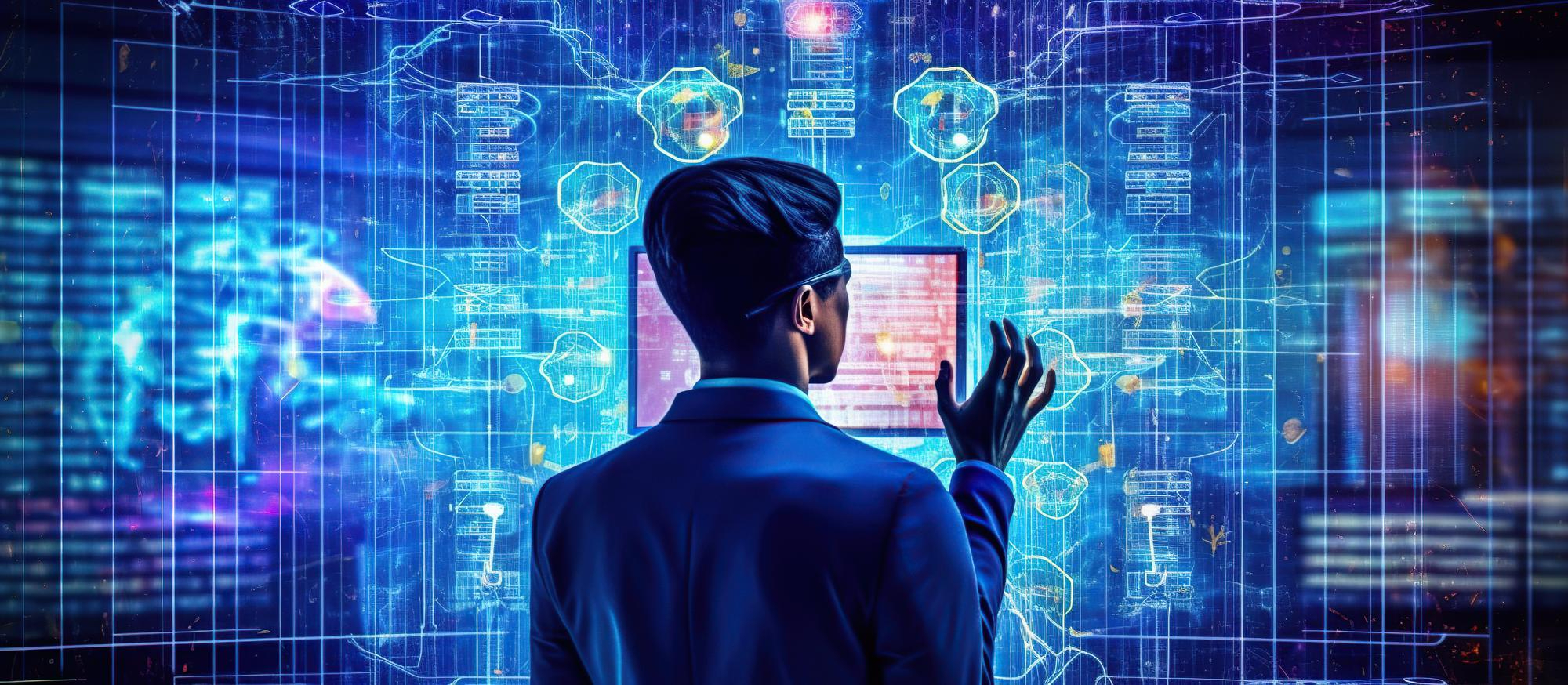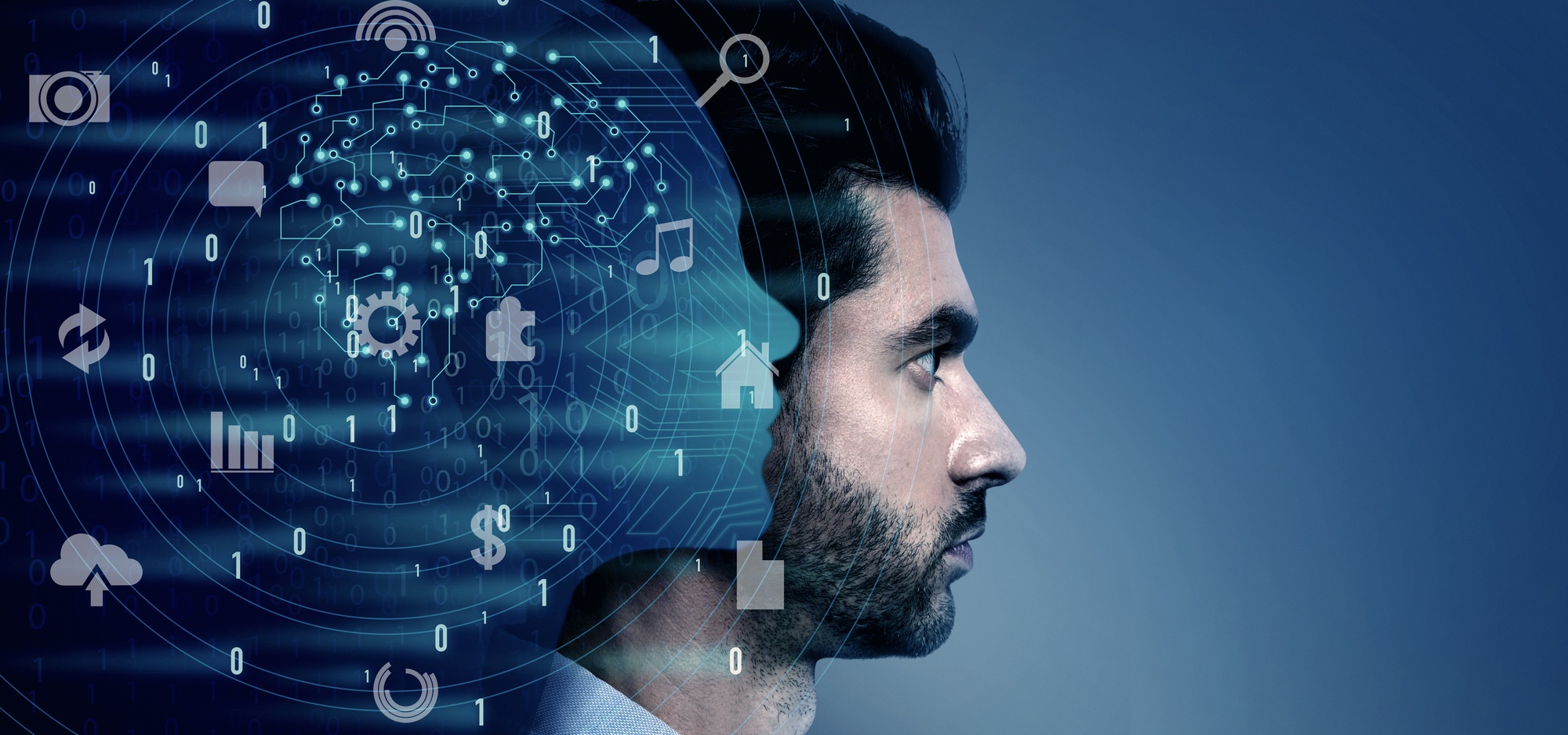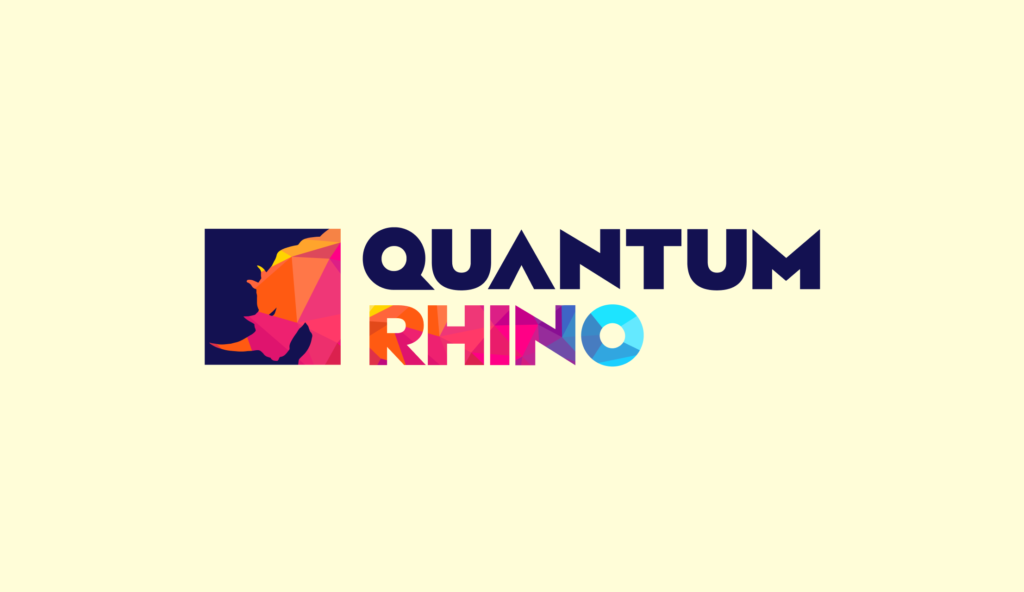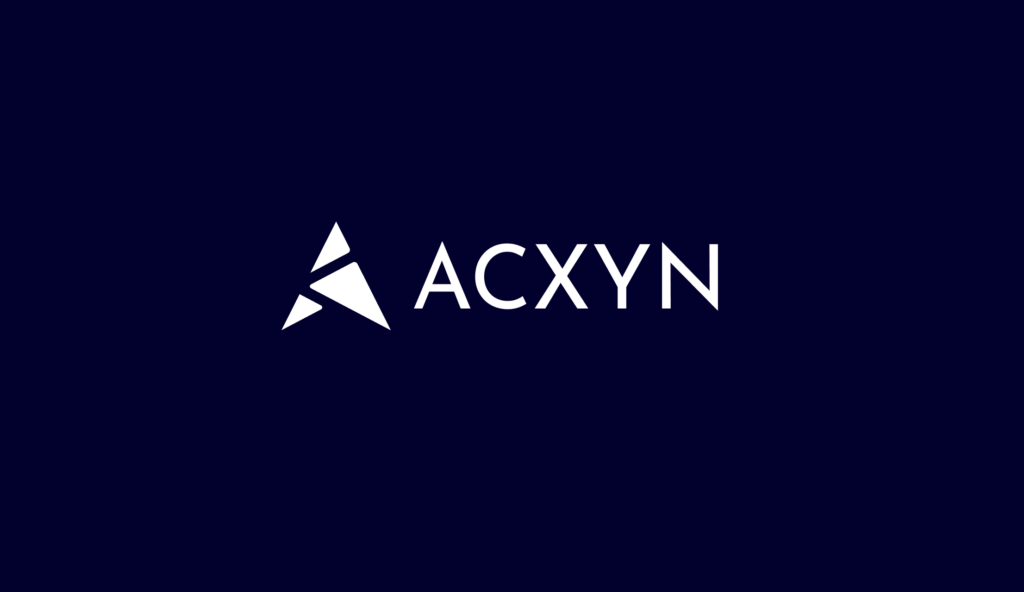Over the past few years, the Web3 sector has experienced phenomenal growth. Non-fungible tokens (NFTs), decentralized autonomous organizations (DAOs), and decentralized finance (DeFi), to mention a few, are attracting a lot of financial and media attention. Furthermore, it is expected that these industries will continue to expand. The intriguing and exciting idea of Web3 identities, however, may be found in the background of these ideas. Users must have a Web3 identity in order for Web3 development and the entire space to achieve the full benefits of decentralization. In essence, a Web3 identity is a safe and secure digital identity that gives users more control over their personal data and information.
An upcoming Web3 idea called decentralized identity is built on a foundation of trust for identity management. As part of this decentralized identity management, individuals are given the ability to create, maintain, and exercise control over their personally identifiable information (PII) without the aid of a centralized body like a registry, identity provider, or certification authority. PII is a general term for the collection of facts about certain people that may be used to directly or indirectly identify them. It is regarded as private and sensitive data. It often includes information like name, age, residence, fingerprints, citizenship, work, credit card accounts, credit history, etc. Data from online electronic devices, including usernames and passwords, search histories, purchasing histories, and others, is included in the information that makes up a decentralized digital identity in addition to PII.

Users have total control over their personal data online thanks to decentralized identities. On Web3, people from diverse backgrounds may express themselves and communicate in novel ways by using technologies like NFTs and blockchain. They may play a key role in guiding and bringing users into a new realm of freedom and empowerment. Each NFT carries a distinctive identity that cannot be duplicated, and each user is able to design an own NFT avatar that represents them. This makes it possible for safer communication inside online groups.
Decentralized identity is a form of identity management that gives users the freedom to manage their own online personas without being reliant on a single service provider. A digital identity is the collection of data about a person, business, or electronic equipment that is available online. User names and passwords, search history, social security number, and purchase history are some examples of the data that make up a digital identity. In order to exercise our right as citizens to use critical services like banking, healthcare, and education, we frequently require verifiable evidence of existence. Unfortunately, one billion people worldwide lack a formal identity document. All you need for decentralized identity systems is an internet connection and a smart device, both of which are become easier to obtain in emerging economies.

Blockchain technology is at the core of a decentralized ID. The blockchain is a flexible and secure ledger that may offer immutable records of a particular system without a centralized authority to maintain it. It developed from bitcoin platforms. These digital wallets are made possible by identity storage on a blockchain, which allows for the integrity of the data to be ensured and gives users ownership of the information. Blockchain-based identification systems may protect a user’s data and even stop the traceability of a user’s unique identifier when correctly deployed.
One of the most recent innovations that could aid in advancing the Web3 revolution is decentralized digital identification. Without having to remember several usernames and passwords, users may access all of their accounts with ease and benefit from increased security and data protection in the metaverse. Organizations are able to provide users customized services while protecting their privacy at the same time. With start-ups and large companies already using the technology, such as Microsoft’s new product Entra, which enables users to verify, protect, and manage all forms of identities and access requests, it could become prevalent sooner than anticipated. Decentralized identities will take time to achieve on a global scale, and governments and corporations must work together in close partnership.
Must read The Evolution of Web 3.0: A Beginner’s Guide to the Next Internet Revolution for more information.



